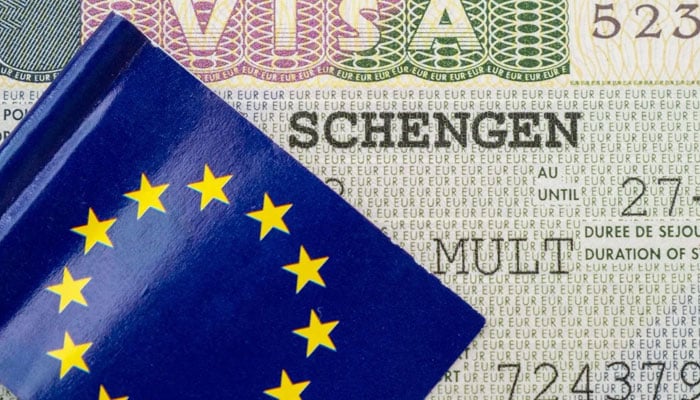New Changes for Visa Applicants
Starting June 11, 2024, the cost of a Schengen visa will rise from €80 to €90 for adults, while for children aged 6 to 12, the fees will increase from €40 to €45. This change is part of the European Union’s regular review, conducted every three years. It takes into account the rising costs of inflation and the salaries of civil servants in member states.
Higher Fee for Certain Countries
According to Slovenia’s Ministry of Foreign and European Affairs, the increase might be even more substantial for countries that have not cooperated with the EU regarding the readmission of their irregularly staying citizens. For applicants from these countries, the visa fees could rise to €135 or even €180.
Also read 5 In-Demand Jobs in the UK for 2024: Salary Range & Work Visa
Historical Context of the Fee Increases
The Schengen visa fee were last increased in February 2020, when the cost rose from €60 to €80. This recent hike marks the second increase since 2019, cumulatively raising the fees by 50%. The decision to adjust the fees was made by the European Commission in December 2023, following the Schengen Visa Code’s mandate for a triennial review.
Concerns Raised by the International Air Transport Association (IATA)
The International Air Transport Association (IATA) has voiced concerns over the potential negative impact of higher visa fees on tourism. In a report released during the public feedback period for the draft law, IATA warned that the increased costs could deter travelers from visiting Schengen Area countries, potentially harming local economies. The association highlighted that higher visa fees could reduce travel affordability and subsequently decrease travel volumes to the EU.
Also read How to Apply for Belgium Student Visa in 2024?
EU’s Response and Future Plans
In response to these concerns, the EU is being encouraged to adopt a more visa-free regime and make use of advanced visa facilitation technologies. The aim is to ensure that the higher fees are in line with the EU’s broader digitalization plans, thereby making the visa application process more efficient and user-friendly.
Reactions from Turkish Citizens
The decision to raise visa fees has been met with dissatisfaction, particularly among Turkish citizens. Many Turkish nationals have long awaited a visa-free agreement with the EU, and the increased fees add to their financial burdens. Feedback from Turkish citizens highlights the economic strain of the visa application process, urging the EU to consider these challenges.
Visa Application Statistics
Despite these concerns, the demand for Schengen visas remains robust. In 2023, member states of the Schengen Area processed over 10.3 million applications for short-stay visas, marking a 37% increase from 2022. However, this number is still well below the 17 million applications seen in 2019, showing that travel volumes have not yet fully bounced back to pre-pandemic levels.
Also read Jordan Work Visa Process 2024 | Types, Requirements and Application Process
Conclusion
Starting June 11, 2024, the EU will introduce new visa fees, creating a need for both travelers and policymakers to find a balance between security, economic impact, and travel facilitation. Although the fee increase is intended to cover inflation and administrative costs, it also sparks a broader conversation about the affordability of travel and visa policies within the Schengen Area.

